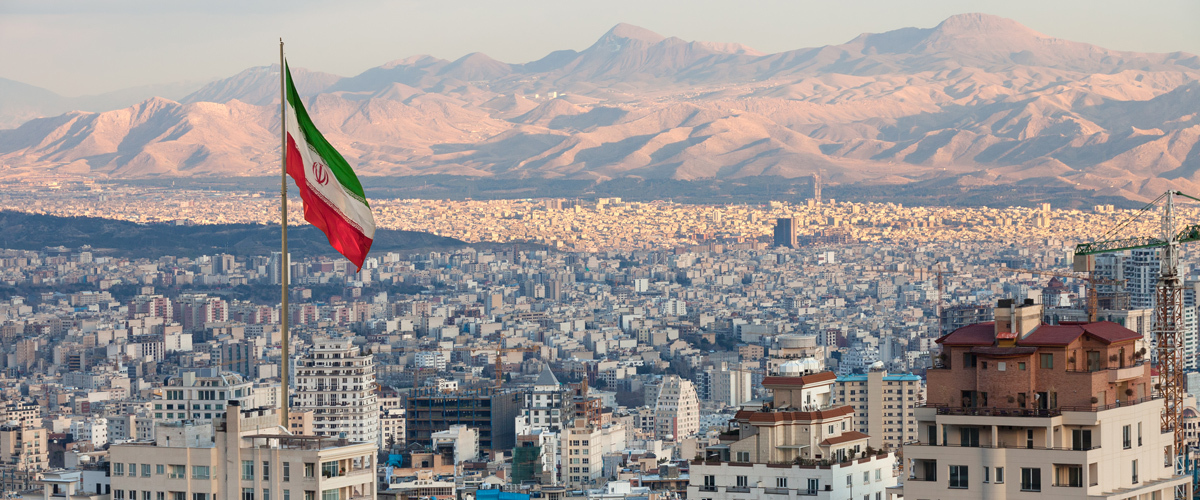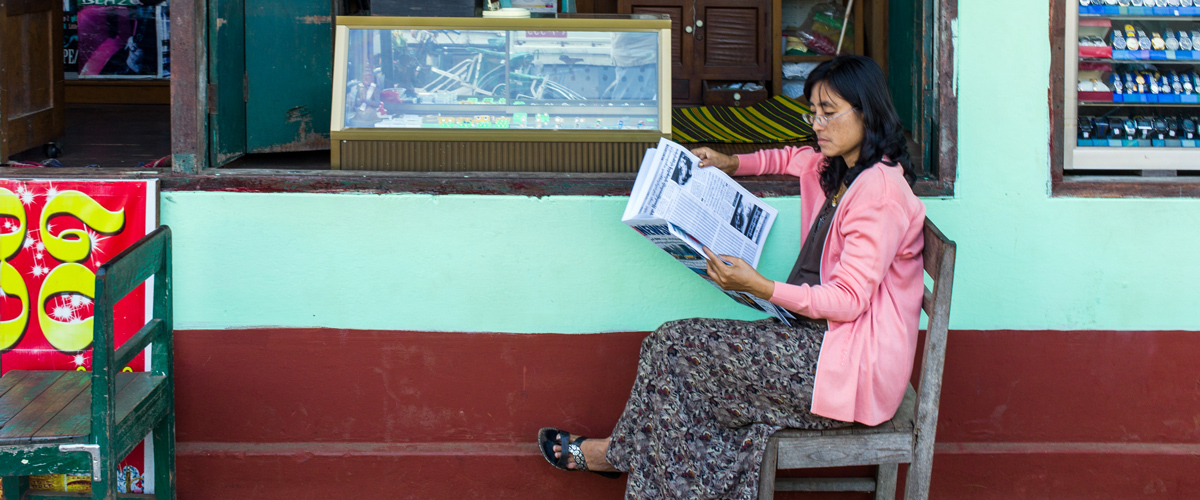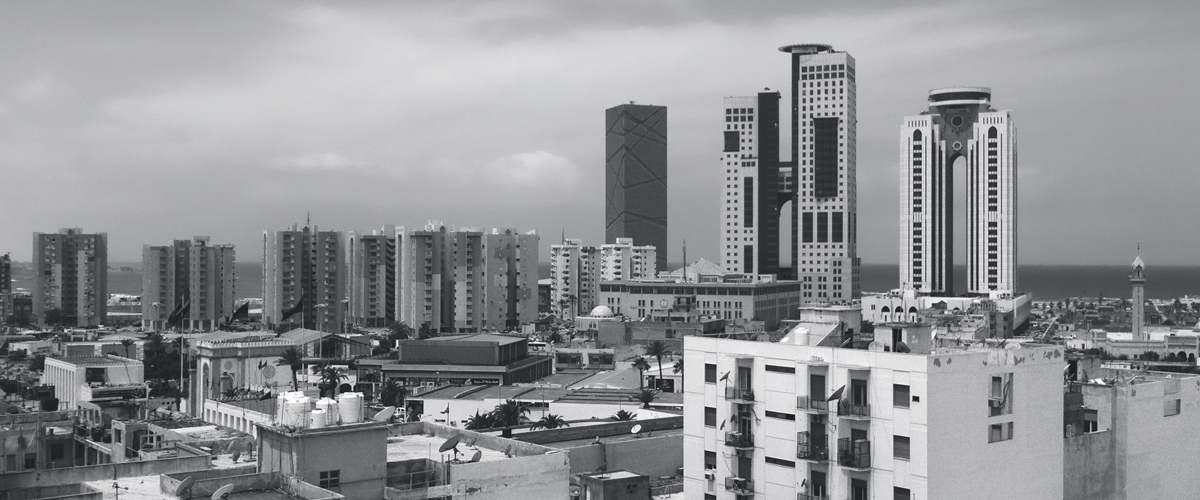Politics and travel security: When states turn on their guests
GEOPOLITICAL TENSIONS
Geopolitics remains one of the most common drivers of wrongful detention of foreign nationals. Countries that rival, or oppose certain actions of, the US or other Western states – such as China, Iran, North Korea, Venezuela, and Russia – are known for targeting their citizens, permanent residents, and dual nationals. Detention is often a more effective foreign policy tool than overt aggression in the international arena. Specific motivations for arrests vary, from retaliatory or punitive measures against a geopolitical foe to the use of detainees as leverage to gain political or economic concessions. Iran, which finds itself geopolitically isolated and under major international sanctions, often resorts to such tactics, even against Western countries with which it has relatively positive or neutral relations. Individuals with a government, military, intelligence, academic, journalism, and NGO background, face the highest risk, although given the politically motivated nature of these arrests, anyone can be targeted.
CASE STUDIES

Iran
In November 2020, Iranian authorities released Australian-British academic Kylie Moore-Gilbert, who was imprisoned from September 2018 on espionage charges. As part of her release deal, Thailand released three Iranians imprisoned in 2012 over a failed bomb plot.

Russia
In June 2020, a Moscow court sentenced Paul Whelan, a US ex-marine, to 16 years in prison for espionage. Although these charges are likely exaggerated or false, Whelan’s lawyer indicated that he could be released in a prisoner swap in exchange for Russian nationals in US prisons.
2022 Outlook
Foreign nationals will continue to be targeted and used as bargaining chips amid geopolitical tensions, although the unpredictable nature of these arrests makes it extremely difficult to plan against such incidents. Business travellers are advised to stay abreast of significant geopolitical developments, including but not limited to the US-China trade war, US-Russia tensions (particularly in relation to Ukraine), and Iran nuclear deal negotiations
ARMED CONFLICT OR POLITICAL INSTABILITY
During an armed conflict or periods of heightened political instability, foreign nationals of diverse backgrounds might get detained by a legitimate government, a competing or rival authority, or even an armed faction in control of a certain area. The risk also increases when borders are closed, and evacuation is not an option. There are multiple reasons for detaining foreign nationals, including the prevention of the spread of critical news and information about developments on the ground, the attempt to embarrass or put pressure on the detainees’ home governments due to political differences, or the detainees’ real or perceived support for a rival faction. The targets of these arrests vary, from journalists to NGO workers, doctors, dual nationals, and ordinary workers.
CASE STUDIES

Myanmar
In May 2021, Myanmar’s military junta, which ousted the democratic government in a coup in February, arrested US journalist Danny Fenster. Fenster, the managing director of a local publication, was subsequently sentenced to 11 years in prison on several charges, including sedition. In mid-November, US officials negotiated his release.

Libya
In November 2021, Turkish and Qatari intelligence teams secured the release of seven Turkish nationals, who were being held by the Libyan National Army (LNA) for almost two years. The LNA is a militia coalition that controls eastern Libya and opposes Turkish military intervention in the country.
2022 Outlook
The political and security situation in many countries, such as Yemen, Myanmar, Libya, and Ethiopia, will remain volatile. This could lead to the detention of foreign and dual nationals on various grounds.
AUTHORITARIAN TENDENCIES
Repressive governments can target foreign nationals and dual citizens if they are or perceived to be critical of local authorities, supportive of local opposition groups or NGOs, or advocates of the strategic interests of foreign countries. These regimes, which are intolerant of dissent, often have laws that restrict freedom of expression or association. Any criticism of the government as well as the local culture or customs is prohibited or strongly discouraged and may carry the threat of arrest and prosecution. The laws can also be quite vague and open to broad interpretations by local authorities, making it easy to arrest people under dubious pretexts. Furthermore, foreign nationals can be detained over mere suspicions, even if they do not formally break any laws. Journalists, NGO officials and academics are most likely victims of such incidents.
CASE STUDIES

Uganda
In November 2020, Ugandan authorities detained and deported two heads of US and EU-funded charities. The regime accused them of pursuing or supporting an agenda for regime change for their civic work with opposition political parties ahead of the 2021 general elections.

Egypt
In January-February 2016, Giulio Regeni, an Italian student who was conducting research on independent trade unions in Egypt, was abducted and tortured to death. Italian officials alleged that the Egyptian security apparatus was responsible for his death.
2022 Outlook
Authoritarian states or those with limited political freedoms will continue to clamp down on real or perceived dissent, even if that involves detaining or deporting foreign nationals. Extra vigilance is required in places such as Myanmar, Ethiopia and Belarus, where civil rights have recently seen increased restrictions
